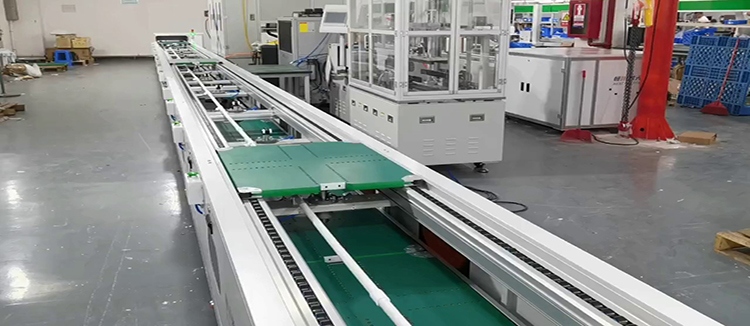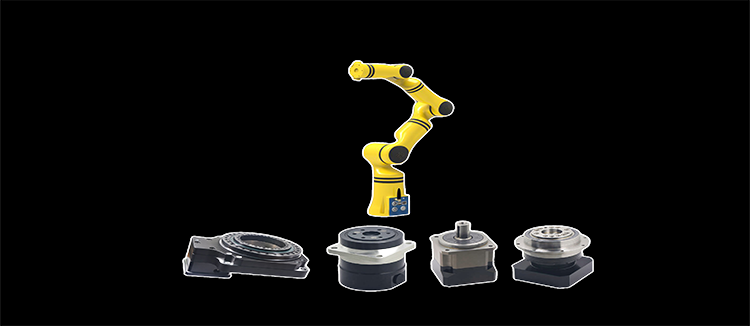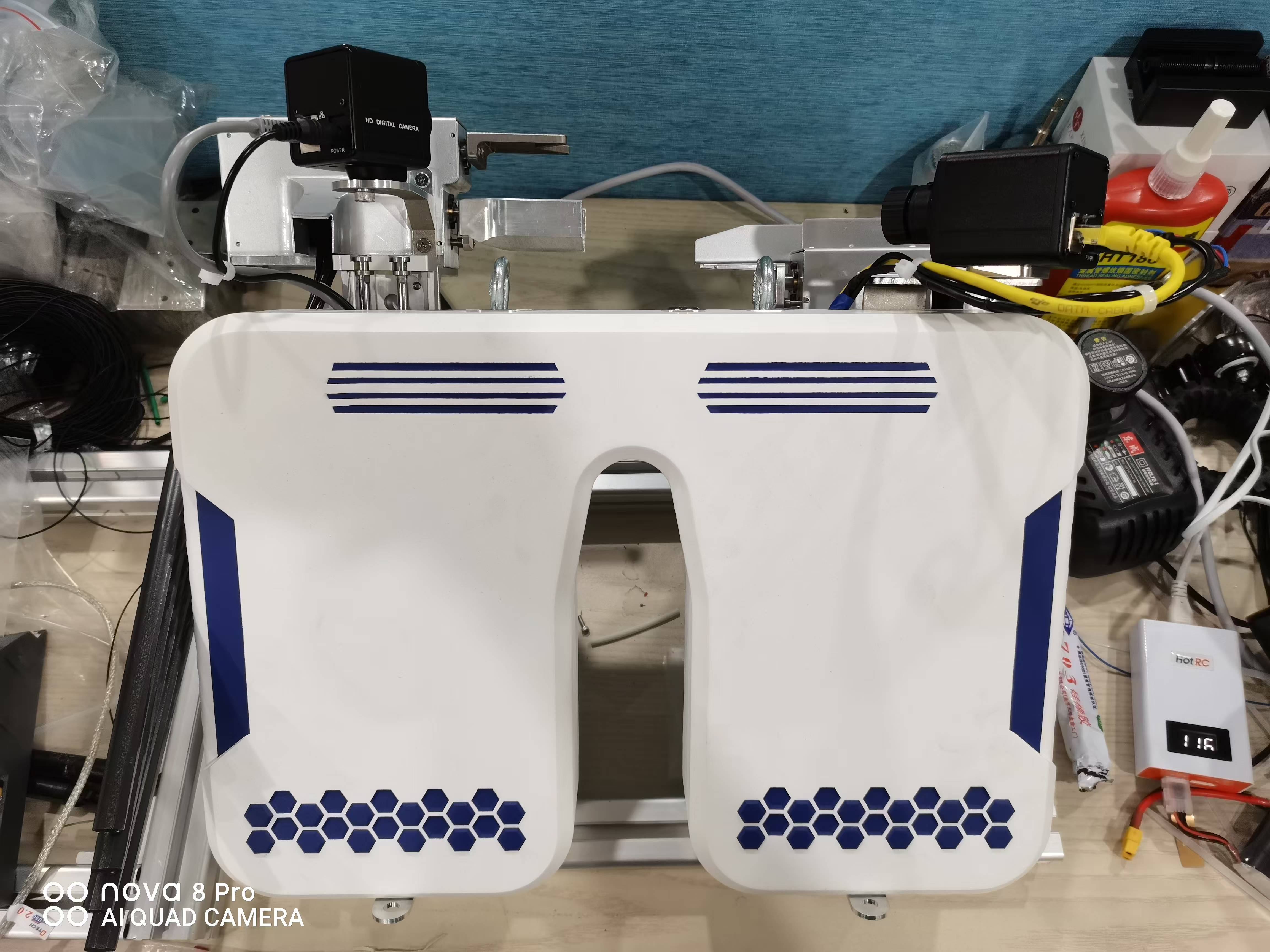Understanding the Power of Servo Motor: Applications, Benefits, and Maintenance
When it comes to precision control and motion, the term "servo motor" is often at the forefront of discussions. A servo motor is a rotary actuator that allows for high-precision control of angular or linear position by constant feedback. This article delves into the world of servo motors, exploring their applications, benefits, and maintenance tips to ensure optimal performance.

Applications of Servo Motor

Servo motors are widely used across various industries due to their ability to provide accurate and reliable motion control. Some of the key applications include:
- Automotive Industry: Servo motors are used in various automotive systems such as power steering, throttle control, and seat adjustment mechanisms.

- Manufacturing: In manufacturing, servo motors are crucial for assembly lines, robotic arms, and machine tools that require precise movements.
- Aerospace: Servo motors play a significant role in controlling the flight surfaces of aircraft and spacecraft, ensuring stability and maneuverability.
- Medical Equipment: In the medical field, servo motors are used in devices such as surgical robots and diagnostic equipment that demand high precision.
Benefits of Using Servo Motor
The benefits of servo motors are numerous, making them a preferred choice in many applications:
- High Precision: Servo motors offer high positional accuracy, which is essential for tasks that require exact movements.
- Speed Control: They can control the speed of mechanical systems with great precision, which is vital for processes that need to be executed at specific speeds.
- Efficiency: Servo motors are energy-efficient, converting a significant portion of electrical energy into mechanical work.
- Durability: Built to withstand heavy use, servo motors are designed for long-term reliability and minimal maintenance.
- Versatility: They can be used in a wide range of applications, from simple positioning tasks to complex motion control systems.
Maintenance of Servo Motor
Proper maintenance is crucial for the longevity and performance of servo motors. Here are some maintenance tips:
- Regular Inspection: Regularly inspect the motor for any signs of wear, tear, or damage. Look for loose connections, excessive heat, or unusual noises.
- Lubrication: Servo motors often require periodic lubrication to ensure smooth operation and reduce friction.
- Cleaning: Keep the motor and its surroundings clean to prevent dust and debris from affecting performance.
- Cooling: Ensure that the motor has adequate cooling to prevent overheating, which can lead to performance issues or damage.
- Replacement of Worn Parts: Replace any worn or damaged parts promptly to maintain the motor's efficiency and performance.
Conclusion
Servo motors are an integral part of modern technology, providing precise control in a variety of applications. Understanding their applications, benefits, and maintenance requirements is essential for anyone working with these powerful devices. By following best practices for maintenance and operation, you can ensure that your servo motor systems perform at their best for years to come.










